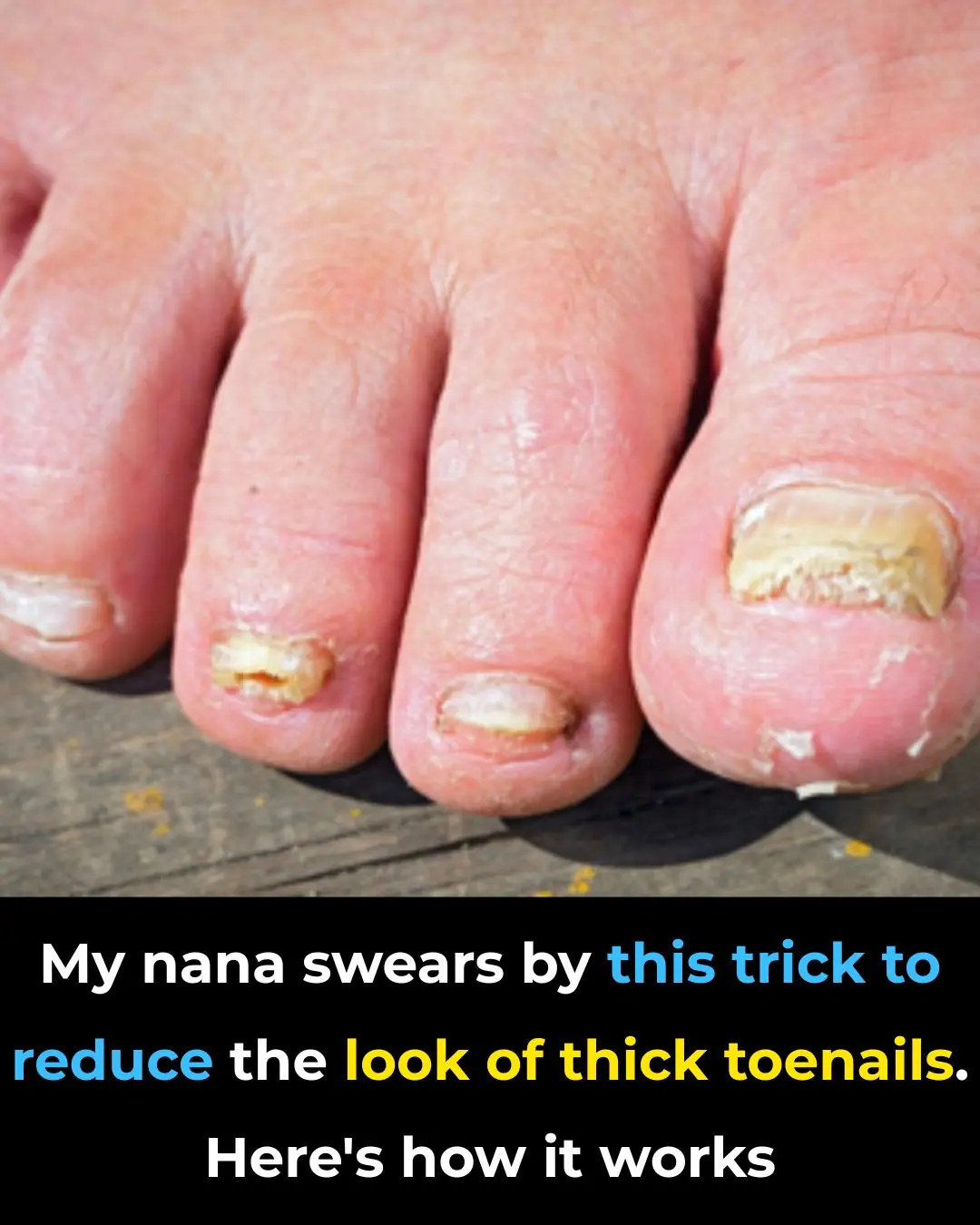
Meet Claudette Colvin, The Teen Who Pioneered The Civil Rights Movement
Give Her All the Roses: The Forgotten Teen Who Sparked the Civil Rights Movement
Before Rosa Parks, there was Claudette Colvin—a 15-year-old girl whose quiet act of defiance became one of the earliest sparks that ignited the Civil Rights Movement. On March 2, 1955, nine months before Parks’ famous protest, Colvin refused to give up her seat to a white passenger on a segregated bus in Montgomery, Alabama (NPR).

Born in September 1939 in Pine Level, Alabama, and raised in Montgomery from the age of eight, Colvin grew up amid the harsh realities of Jim Crow segregation (Biography.com). From a young age, she witnessed the deep racial inequities that shaped every aspect of life in the South. One case that left a lasting impact was that of Jeremiah Reeves, a talented Black musician and classmate who was wrongfully accused of raping a white woman and later executed by the state in 1952. Colvin later said that Reeves’s unjust death filled her with both fear and determination to fight for justice.
Fueled by that conviction, Colvin joined the NAACP Youth Council, where she came under the mentorship of civil rights pioneer Rosa Parks and organizer E.D. Nixon (Smithsonian Magazine). At the time, the Youth Council was working to challenge segregation laws—but no one expected that a high school student would soon become the face of resistance.
That fateful March afternoon, after finishing school, Colvin boarded a Montgomery city bus to head home. When the white driver ordered her and three other Black students to stand so that a white woman could sit, Colvin refused. “All I remember is that I was not going to walk off the bus voluntarily,” she recalled to NPR. “It felt like Sojourner Truth was on one side pushing me down and Harriet Tubman was on the other side of me pushing me down. I couldn’t get up.”
Police were called. Colvin was forcibly removed, handcuffed, and taken to an adult jail. “They put me in the back seat, handcuffed me through the open window so I couldn’t move,” she told TIME in 2021. Alone in a cell, she prayed and cried until her mother and pastor came to bail her out.
At first, local Black leaders considered using Colvin’s arrest to launch a full-scale boycott of the city’s segregated bus system. However, they ultimately decided she was too young and that her personal circumstances—including her pregnancy later that year—might be used by segregationists to discredit the movement. “She didn’t fit the profile they wanted,” historian Jeanne Theoharis, author of The Rebellious Life of Mrs. Rosa Parks, told The New York Times. “She was poor, she was dark-skinned, and she was a teenager.”
Nine months later, Rosa Parks—older, well-known, and deeply respected in the community—refused to surrender her seat on the same bus system. Her arrest triggered the Montgomery Bus Boycott, a 381-day protest that led to the rise of Dr. Martin Luther King Jr. and marked a turning point in American history.
But Colvin’s contribution did not end there. In 1956, she became one of the four plaintiffs—alongside Aurelia Browder, Susie McDonald, and Mary Louise Smith—in the landmark federal case Browder v. Gayle, which ultimately ruled that bus segregation in Montgomery and across Alabama was unconstitutional (National Archives). Though she rarely received public credit, the case that Colvin helped launch effectively dismantled legalized segregation in public transportation.
In the years that followed, Colvin struggled under the weight of being forgotten. Facing hostility in Alabama, she moved to New York City, where she worked quietly as a nurse’s aide for more than three decades before retiring in 2004 (The New York Times). Few of her neighbors even knew she had been a Civil Rights pioneer.
Recognition for Colvin’s bravery came slowly but surely. In 1990, New York Governor Mario Cuomo presented her with the Martin Luther King Jr. Medal of Freedom. In 2009, author Phillip Hoose published Claudette Colvin: Twice Toward Justice, which went on to win the National Book Award and reintroduced her story to a new generation. Historians like David Garrow, author of Bearing the Cross, emphasize that “the real reality of the movement was often young people—and often more than 50 percent women”—a truth that Colvin’s legacy exemplifies.
Today, at age 85, Colvin lives with quiet pride in knowing her act of courage changed history. In her hometown of Montgomery, March 2nd is officially recognized as Claudette Colvin Day, honoring the young woman whose refusal to stand helped a nation rise.
As Colvin told CBS News, “I’m not disappointed that Rosa got all the credit. She was the right person for the moment. But it’s important that people know there were others who paved the way.”
So today, we give her all the roses she deserves. Because of Claudette Colvin’s courage, the wheels of justice began to turn—and America began to move forward.
News in the same category


Drop a Silver Foil Ball Into Your Toilet — The Results Are Surprisingly Brilliant

5 Amazing Health Benefits of Drinking Fresh Turmeric Water

Why You Should Sprinkle Salt on Your Gas Stove

3 Flowers That Make Snakes Tremble — Natural Repellents You Can Grow at Home

You’re Taking Iron Supplements Wrong — Here’s the Science-Backed Way to Do It Right

Nana’s Baking Soda Hack: The Surprisingly Effective Trick to Soften and Thin Thick Toenails

Never Mix Medications in One Box: 10 Serious Risks Most People Don’t Know

The Right Way to Take Ashwagandha: A Science-Backed Guide to Unlock Its Full Potential

‘One Less Thing That I Have to Think About’: Michelle Obama Dishes on Life After the White House and the Freedom That Came With It

78-Year-Old Grandmother Is Inspiring Others To Stay Active Through Powerlifting

Coco Gauff Donates $100K to UNCF to Fund Scholarships for HBCU Tennis Players

Honoring Revolutionary Audre Lorde: The Poet Who Dared Us All To Be Powerful

5 Black YouTube Channels That Make Exercising Fun For Beginners

Grant Hill and Chris Webber Join Ownership Group to Bring WNBA Team Back to Detroit

Remembering Civil Rights Titan and Congressman John Lewis

Boiling Sweet Potatoes: Don’t Just Add Plain Water—Add This Spoonful for Perfectly Fluffy, Sweet Results

The Science Behind Putting a Cotton Swab in a Menthol Oil Bottle

More People Are Struggling with Visceral Fat — Doctors Reveal 9 Foods That Help Burn It Naturally

Black Turmeric vs. Yellow Turmeric: Which One Is Better?
News Post

Can you spot the book, egg, cup, and pillow?

Neem: An Ancient Plant With Potential Health Benefits – What Science Says

Doctors reveal that green broccoli causes...see more

Artery-Cleaning Foods: The One Meal Doctors Won’t Tell You About

The body will show 5 symptoms to remind you to eat less salt

5 foods that heal your body and STARVE cancer—eat these now!

Reverse diabetes and insulin resistance fast—4 hacks doctors don’t tell you!

This is Why You Always Wake Up in the MIDDLE of the Night (and how to make it STOP)

They were wrong about fasting — here’s what 30 hours without food really does to your body

You're doing it all wrong. Here’s the right way to store avocados

8 reasons why adding baking soda to your toilet tank is a must-do trick

You're doing it all wrong. Here’s the right way to store potatoes

Washing machine stays clean all year without scrubbing thanks to a common household liquid, saving millions every year 👇👇

Aster flowers, the 'miracle cure' hidden in roadside wild plants

A miracle will happen when you place a handful of pepper under your bed, too bad I just found out 👇👇👇

Don't boil chicken with salt and plain water, or it will turn out fishy and reddish. Try this method for golden skin and sweet meat.

Don't throw away tea that's been left overnight: It has up to 5 amazing uses that everyone will love

The Best Tea for Mornings and After Dinner: A Powerful Blend for Health

Homemade Vitamin E Cream for Face – Vitamin E Oil benefits for Skin
